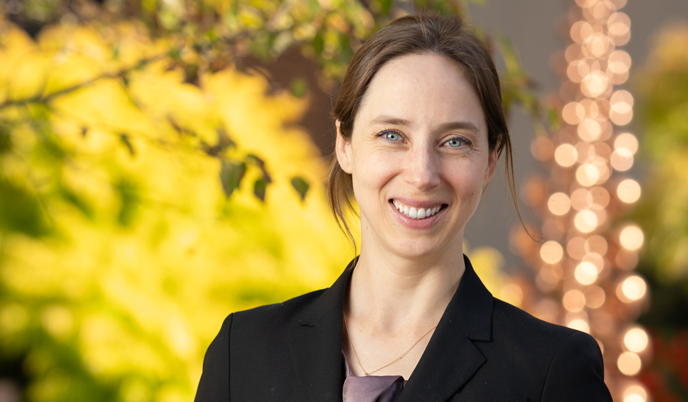
Q&A with Sara McCoy on innovative treatment for Sjögren’s disease
Dr. Sara McCoy, a rheumatologist in the Department of Medicine, is one of the nation’s leading experts on Sjögren’s disease, an autoimmune disorder that affects moisture-producing glands in the eyes, mouth and other parts of the body.
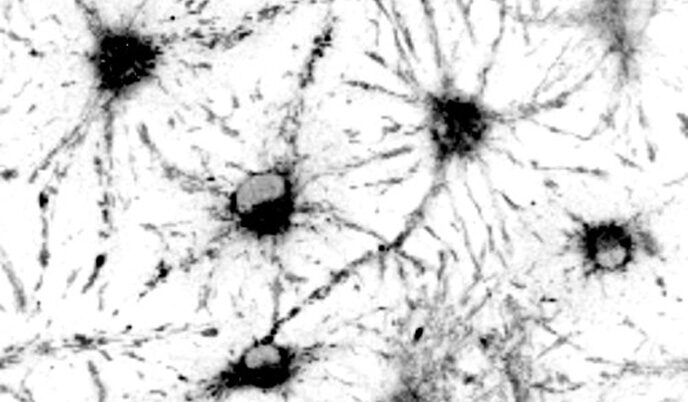
Stem cells’ light signatures improve understanding of aging in the brain
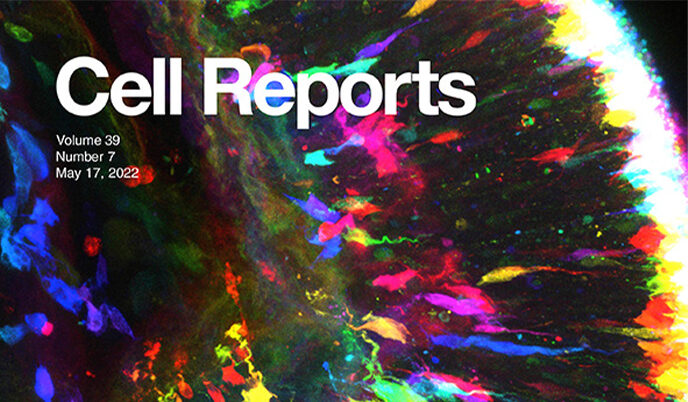
UW eye research uncovers how stem cell photoreceptors reach their targets
A new study reveals how photoreceptors grown from stem cells might extend biological wires, known as axons, to contact existing neurons.
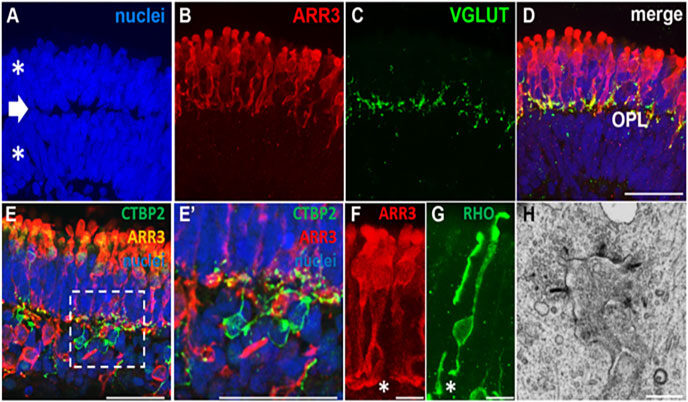
UW study finds photoreceptor cells from retinal organoids can replicate key functions of vision
Researchers from the University of Wisconsin School of Medicine and Public Health have successfully shown that a retinal cell type derived from human pluripotent stem cells is capable of the complex process of detecting light and converting that signal to electrical waves.
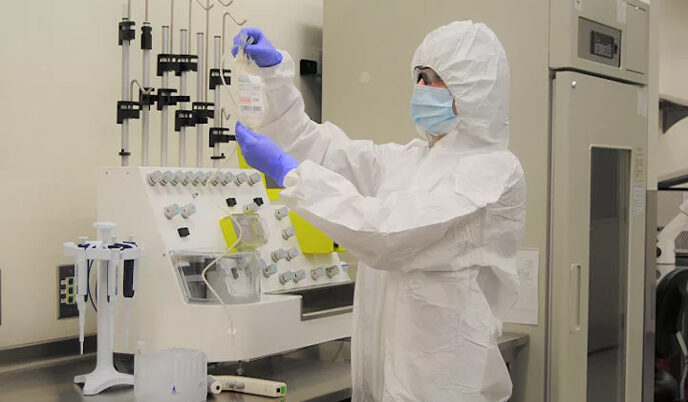
UW begins new clinical trial to treat fatal blood diseases in children, young adults
A clinical trial has launched at the UW School of Medicine and Public Health to test the safety of a new type of stem cell transplantation to treat a variety of deadly blood disorders in children and young adults.
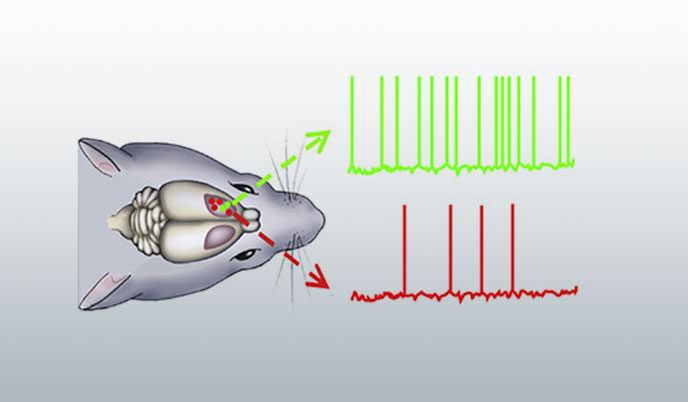
Stem cells can repair Parkinson’s-damaged circuits in mouse brains
The mature brain is infamously bad at repairing itself following damage like that caused by trauma or strokes, or from degenerative diseases like Parkinson’s. Stem cells, which are endlessly adaptable, have offered the promise of better neural repair. But the brain’s precisely tuned complexity has stymied the development of clinical treatments.

Darcie Moore selected as 2020 Vallee Scholar in recognition of research
Darcie L. Moore, PhD, assistant professor of neuroscience, has been named by the Vallee Foundation as a 2020 Vallee Scholar. The award provides $300,000 in funding for basic biomedical research over four years.
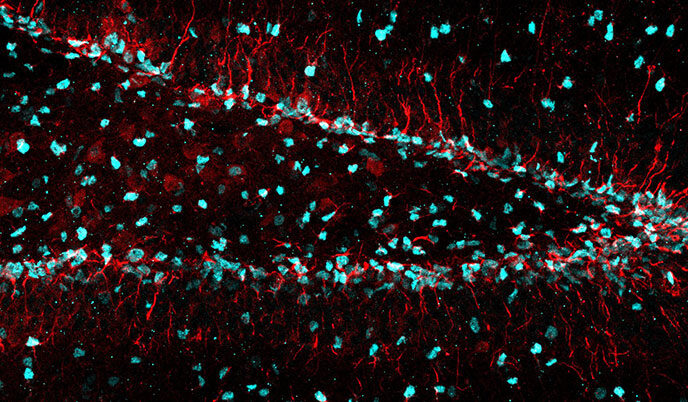
Newly identified cellular ‘trash removal program’ helps create new neurons
New research by University of Wisconsin-Madison scientists reveals how a cellular filament helps neural stem cells clear damaged and clumped proteins, an important step in eventually producing new neurons.

Marmoset stem cells carrying Parkinson’s mutation could lead to new model for studying disease
Parkinson’s disease researchers have used gene-editing tools to introduce the disorder’s most common genetic mutation into marmoset monkey stem cells and to successfully tamp down cellular chemistry that often goes awry in Parkinson’s patients.

Stem cells could help cancer patients fight dangerous infections
Scientists at the University of Wisconsin–Madison have developed a more efficient way to grow the white blood cells, which serve as front-line defenders against bacterial infections but are often depleted as a potentially deadly side effect of cancer treatment.
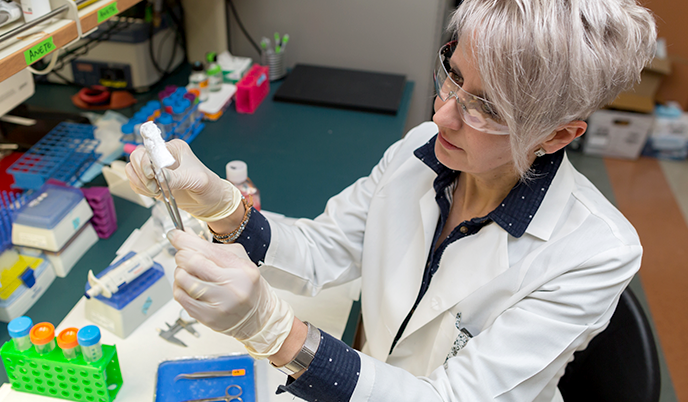
UW researchers use stem cells to develop vocal folds in a dish
Researchers at University of Wisconsin School of Medicine and Public Health have created an in vitro 3-D model of human vocal fold tissue (called mucosa) that could improve our understanding and treatment of disorders affecting the human voice.

Clinical prospects for stem cells begin to emerge
Twenty years after the University of Wisconsin–Madison’s James Thomson derived the first human embryonic stem cell lines (ESC), his revolutionary discovery is just beginning to emerge on the clinical landscape.